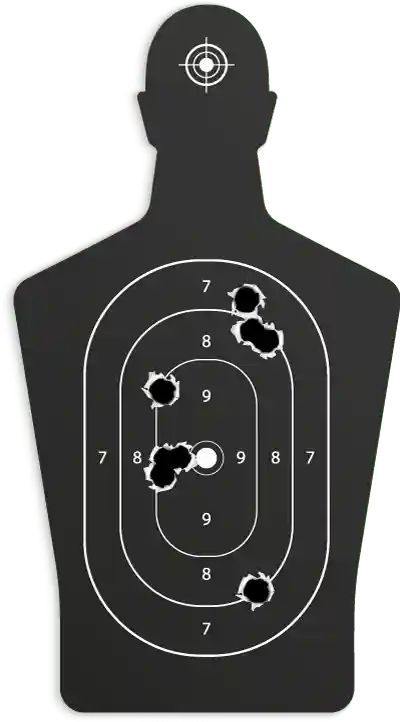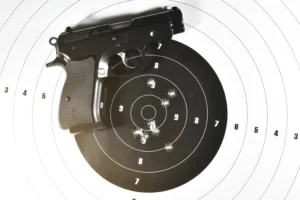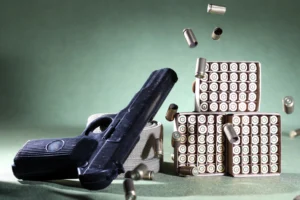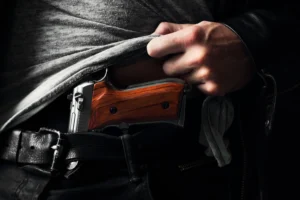The question of practice frequency when it comes to firearms proficiency is not just about refining skill but also develops a solid foundation of responsible gun ownership. Whether you are a newbie enthusiast or a seasoned master shooter, it is important to evaluate how often you practice shooting a pistol since it intertwines safety, proficiency, and readiness. Gaining a higher proficiency level requires commitment and dedication like a finely tuned instrument. However, balancing between one’s abilities and maintaining a vigilant mindset remains elusive. In this post, we unveil a spectrum of factors that dictate how often to practice shooting a pistol to enhance your level of proficiency, safety, and responsible firearm ownership.
The Importance of Skill Development
When enhancing your level of proficiency in shooting a pistol, it is crucial that you understand the necessity of skill development. Mastery demands more than mere trigger control as it necessitates comprehension of focus alignment, breath control, and muscle memory.
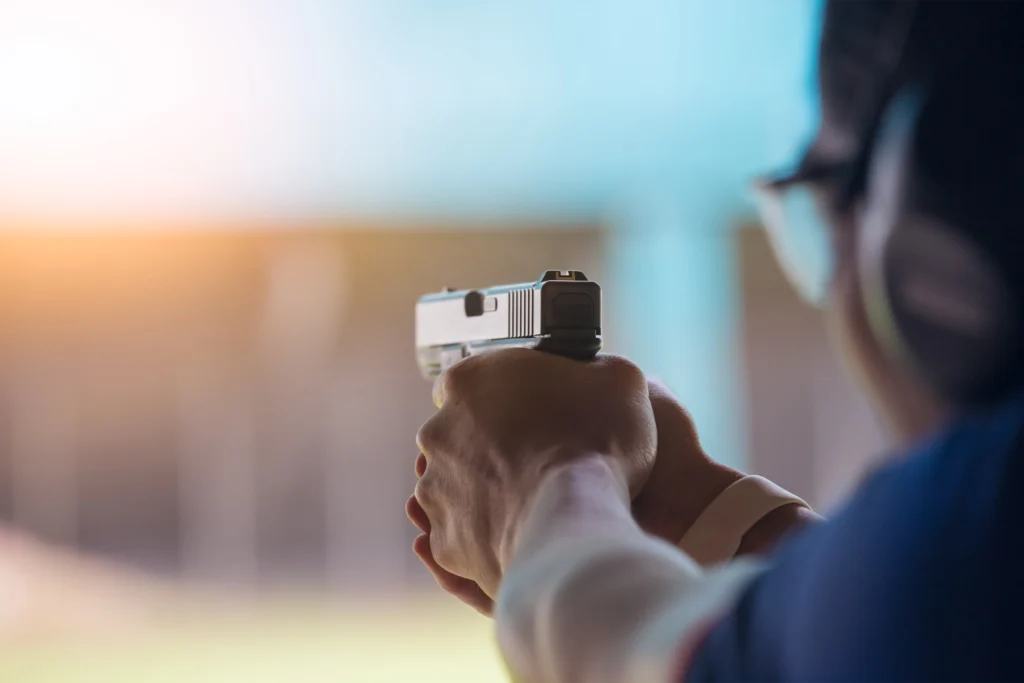
Are you practicing shooting enough? We can help!
Skill development in shooting practice establishes synchronization between body and mind, honing precision every time you are pointing down the range. As you advance in your levels of proficiency, each shot becomes a refined interplay of technique and adaptation. One can dissect errors, cultivate consistency and refine posture movements by grasping the nuances of skill progression. Understanding skill development eventually becomes the compass guiding every shot, not just aiming to hit the mark but also setting you on a journey towards refined expertise.
Factors That Influence Practice Frequency
- Skill Level
How often one should practice shooting a pistol is directly associated with an individual’s level of skill. Novices usually require several training sessions to grasp the fundamentals associated with grip, aiming techniques and stance. It is imperative for beginners to build muscle memory and develop confidence with consistent practice, perhaps several times a week. Intermediate shooters may find a balance as their proficiency level advances, practicing moderately to refine their speed and accuracy. However, expert shooters usually engage in less frequent but highly focused training diving into scenario-based drills, advanced tactics and mental conditioning. Their refined skills require occasional yet intensive practice session to sustain precision and peak performance.
- Individual Goals & Objectives
If you are aiming at competitive prowess, it may be imperative to go for daily sessions to refine precision, speed, and razor-sharp levels. Recreational shooters may find it sufficient to practice weekly, balancing enjoyment with skill refinement. Bi-weekly drills may be ideal for tactical practitioners whose emphasis is on real-world scenarios and adaptability under pressure. Individuals focused primarily on self-defense might commit to regular varied practice, integrating decision-making skills and situational awareness into their routines. Ultimately, pistol practice frequency intricately aligns with personal goals, with each fired round a step towards mastery, achievement, or safety to reflect diverse aspiration within the shooting community.
- Availability of Time
For those who have ample time for practicing, they can establish a daily regimen to foster consistent muscle memory and skill development. This routine might involve target drills, dry-fire exercises and scenario simulations. On the other hand, individuals with tight daily schedules may opt for more condensed but intensive sessions like allocating weekends for extended practice. It becomes crucial over time balancing work, training, and personal commitments to prioritize skill enhancement. The key to adapting a consistent practice frequency depending one’s unique temporal landscape ensures a harmonious integration of skill training with constraints of a busy lifestyle.
- Budget Considerations
A luxury of daily range sessions can offer a continuous honing of proficiency and accuracy for those with ample resources. Individuals who are conscious about their budget might find themselves rationing the practice sessions by opting for sporadic but focused drills that makes every round count. The scarcity of range fees and ammunition for practice transforms each fired bullet into a valuable investment. This prompts shooters to approach practice with meticulous intent because of their tight budgets. Despite financial constraints, it is important to have a strategic and purposeful training to turn every practice session into an investment in firearm handling, safety, and precision.
Practice lays a solid foundation of skill development and mastery in the world of pistol shooting. Although there is not a comprehensive answer on how often one should practice shooting a pistol, key principles that can guide your training regimen include dedication, consistency and goal alignment. When you understand your skill level, constraints, and objectives, it is easier to customize a practice routine that maximizes potential and enjoyment of this timeless art form.

